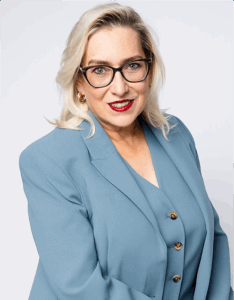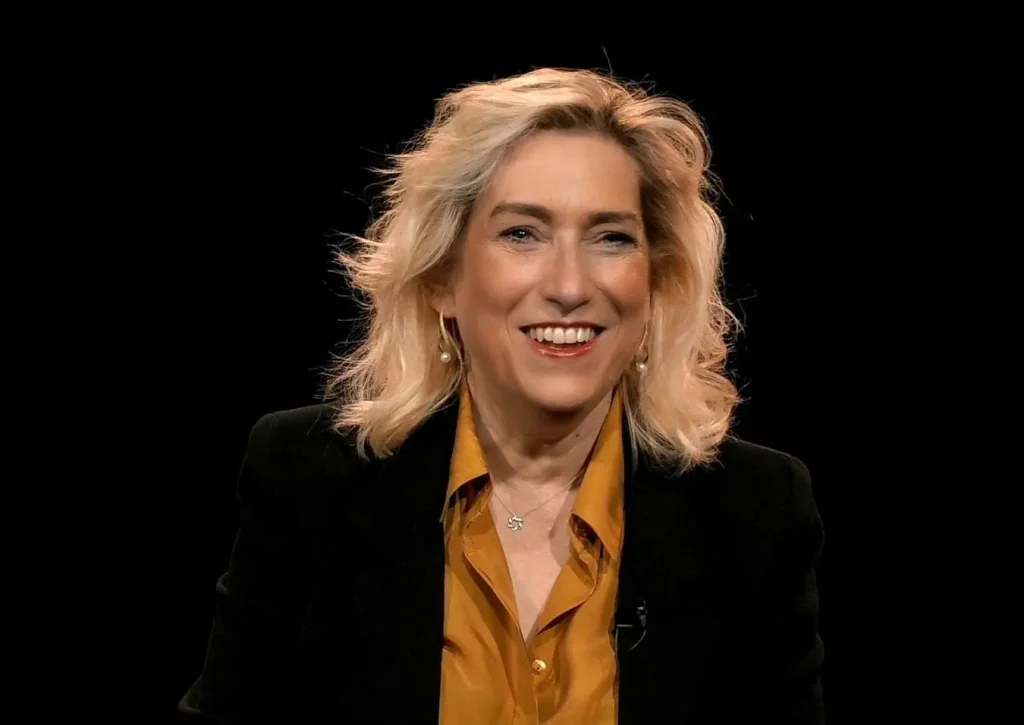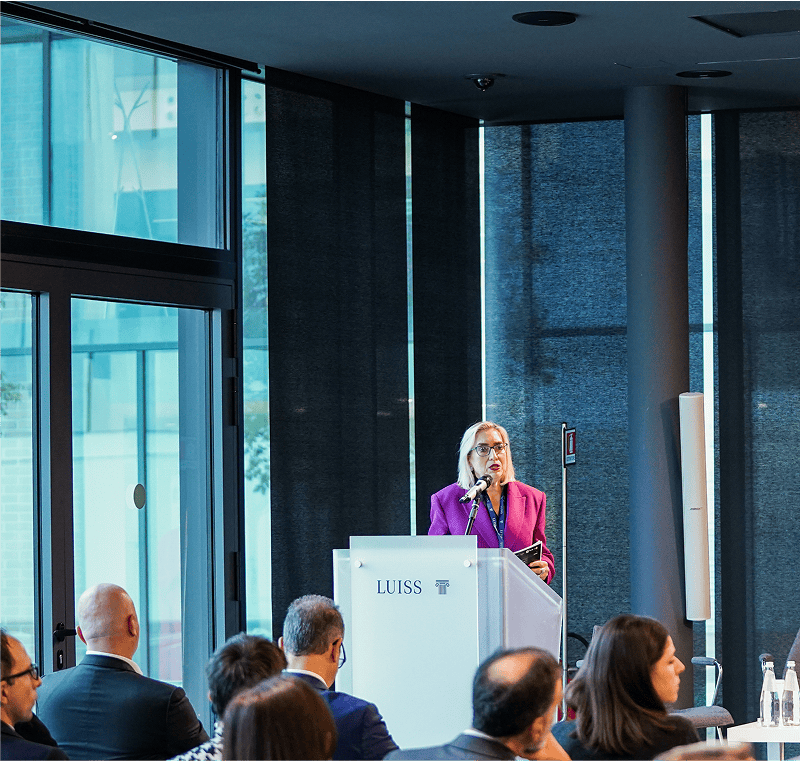From its inception, the 2030 Agenda, which drew on the experience of the Millennium Development Goals, showed all the potential to become a biblical guide with no less than 17 ‘commandments’ as global goals for over 193 countries. And it was immediately clear how Goal 5, on Gender Equality, permeated all the others: so much so that it became the litmus test. And if the Northern European countries had already understood this some time ago: by modifying regulations and school curricula, for Southern Europe the message was a little less clear, so clouded by deep-rooted cultural legacies, but soon Spain, Portugal and France seized the opportunity in the last ten years to start precisely from Goal 5 to stem demographic and social drifts, the costs of which fall on society as a whole.
So nobody was surprised when numerous studies from Goldman Sachs to Credit Suisse emphasised the direct relationship between greater gender diversity in top positions and improved corporate performance, and thus share performance for listed companies. Thus outlining a picture of increasing corporate profits and then recalling government research that for five years now has described how forward-looking investment choices linked to sustainable finance come primarily from women and young people.
It is all linked to Goal 5 then, and so we have witnessed the proliferation of conferences and meetings to analyse this strange phenomenon of the ‘female dimension’ from the world of work to that of Fintech and on to the role of female investors attentive to life choices in support of sustainability. Women and new generations linked by an inescapable ‘umbilical cord’ naturally dedicated to safeguarding society.
The World Economic Forum’s recent Global Gender Gap Report 2023 sees Italy tumbling to 79th place, losing 16 positions out of the 146 countries analysed, from the rate of participation in employment to that in politics and, the icing on the cake, limited access to financial resources. So, while we wait for someone up there to realise that further delay in a systemic approach to the women’s issue in Italy, working in a far-sighted manner on access to work and financial emancipation, is damaging to society as a whole, we see individual medium-sized companies undertaking measures to support parenting, training and careers for women and girls, achieving clear results in terms of productivity, as underlined over the years by McKinsey, and employee satisfaction, and thus in an improved working environment that favours the sharing of common values linked to sustainability.
And not just as a certification KPI but as a commitment to a better working future for all. When the economic difficulties and environmental damage that are now so evident fuel increasing migration flows, it is always women and the most fragile who suffer. The Asvis 2022 report had already well outlined this situation where women, who are an important lever of economic development, are deprived of the opportunity to make their own contribution at a time of economic crisis that weighs heavily on families. And then it comes back to highlight that the presence of women in top roles can make a difference in terms of sustainability in all sectors because they are fundamental on the two main lines of social change underway: the ecological and digital transition. But without access to skills and roles and a valorisation of care work instead of its opportunistic segregation, the country will miss the opportunity to make a difference in its revival as a result of the commitment of men and women.
In these seven years of fighting with Global Thinking Foundation for gender equality and women’s economic independence through the dissemination of financial and digital education skills with a view to preventing gender-based violence, we have certainly witnessed the awareness of a different way of acting on sustainability successfully, but it still takes a strong political will to look at all those global goals as an achievable political platform and the only possible path to pursue for a truly sustainable and inclusive society.











